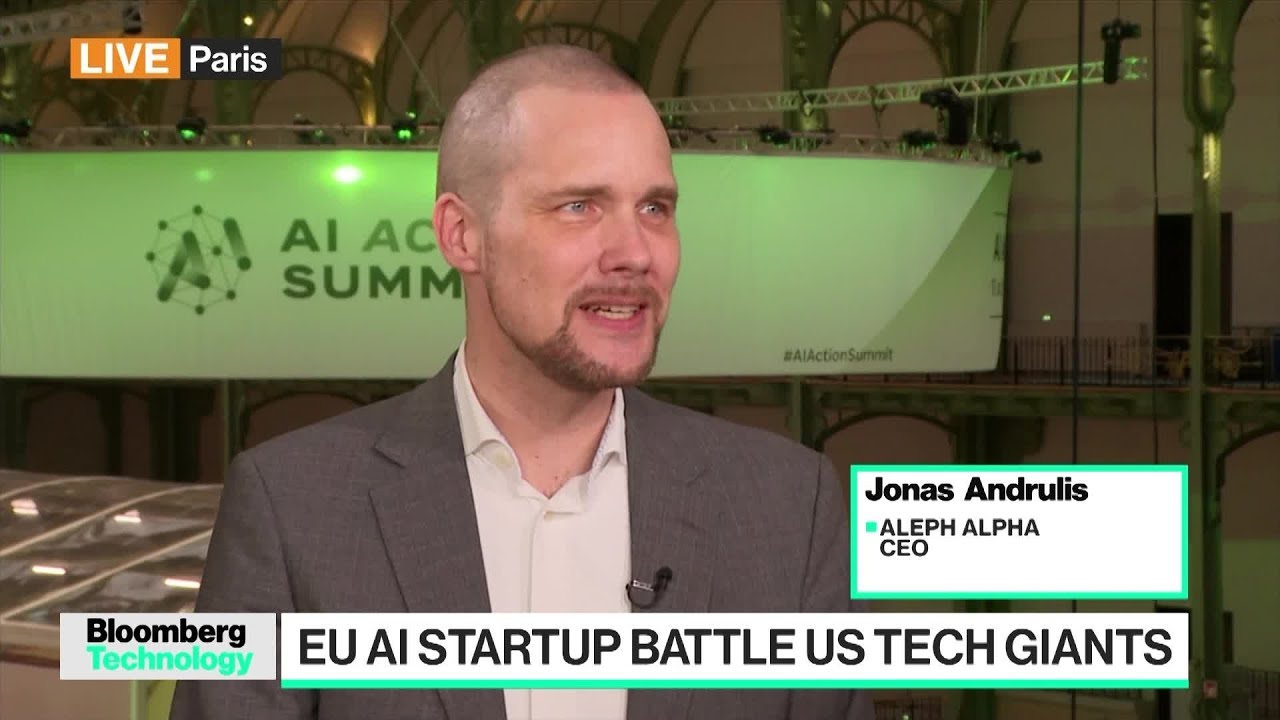Jonas Andrulis, CEO of Aleph, discusses DeepSeek as a pivotal achievement in AI evolution, emphasizing its role in affirming the company’s long-term vision amidst global competition, particularly from China. He highlights the importance of leveraging open-source technology, the need for meaningful innovation over mere infrastructure investment, and Europe’s potential in AI advancements despite challenges in semiconductor production.
In a recent discussion, Jonas Andrulis, the CEO and founder of Aleph, shared insights on DeepSeek, which he describes as a significant milestone in the evolution of AI models. He emphasizes that DeepSeek represents a continuation of advancements in AI, marking a “victory lap” for both Aleph and its customers. Andrulis notes that while some view this moment as fleeting, it is a confirmation of the company’s long-term vision and strategy, especially in light of global competition, particularly from China.
Andrulis elaborates on Aleph’s approach to integrating open-source models into their offerings, highlighting the importance of data security and the need for businesses to partner with companies that can provide innovative solutions. He argues that the best models available today are less relevant than the ability to leverage open-source technology effectively. This focus on collaboration and innovation is crucial for businesses looking to adapt and thrive in a rapidly changing landscape.
The conversation also touched on the implications of significant investments in AI infrastructure, such as the €109 billion announced by France. Andrulis expressed concern that an overemphasis on infrastructure could detract from the essential goal of value creation and innovation. He believes that while funding is necessary, it should not overshadow the importance of developing meaningful solutions that drive progress in the AI sector.
Reflecting on Aleph’s pivot from developing large language models to creating generalized AI operating systems, Andrulis reported positive feedback from investors and clients. He highlighted a recent contract worth €19 million with the German Labor Agency as a testament to the company’s success in addressing complex tasks that are valuable to their customers. This shift has positioned Aleph as a key player in the enterprise AI space, enabling clients to tackle compliance and engineering challenges effectively.
Finally, Andrulis addressed the geopolitical landscape surrounding AI, particularly the influence of tech moguls like Elon Musk in German politics. He acknowledged the complexities of international relations and the need for democratic countries to collaborate on AI development. While recognizing the competitive edge held by the U.S. and China, he expressed optimism about Europe’s potential to contribute significantly to AI advancements, particularly through innovations in transformer architecture. However, he also noted the challenges Europe faces in semiconductor production, emphasizing the need to close this gap to remain competitive in the AI field.
